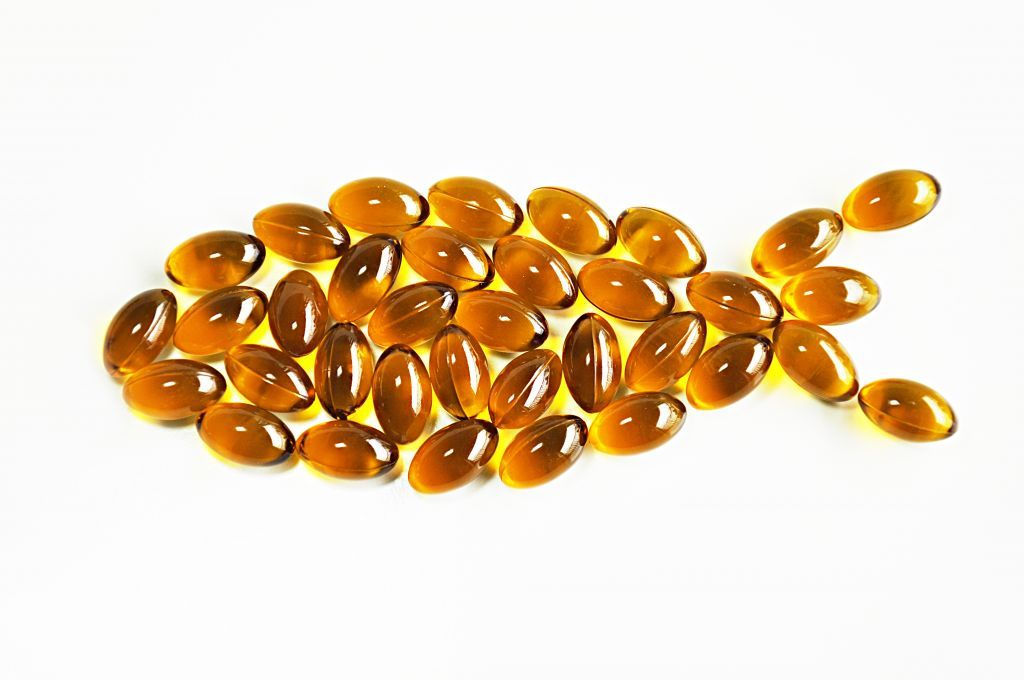FITFORGOOD GYM • July 20, 2020
Vitamin D Benefits. COVID-19 Defense
What is Vitamin D and do we need it?

What is Vitamin D
Vitamin D is so important. It is a hormone created in the skin by Sunlight. Nearly half the population is deficient in Vitamin D.
Vitamin D helps regulate the amount of calcium and phosphate in the body. These nutrients are needed to keep bones, teeth and muscles healthy. A lack of vitamin D can lead to bone deformities such as rickets in children, and bone pain caused by a condition called osteomalacia in adults. So do not expect to drink gallons of milk to get calcium unless you have adequate Vitamin D which allows your body to absorb it.
Benefits of Vitamin D
1. Telomeres Length
Telomeres are a compound structure at the end of a chromosome. As we age, the length of these decreases
(reducing the quality of DNA ). Vitamin D restores this length especially Leucocytes (the immune system), improving the life of the telomeres that protects the DNA of the cell for approx. 5 yrs.
2. Your weight
Studies have shown that we have a lot of Vitamin D receptors in our brain that are directly connected with how our bodies process sugar. So higher or normal Vitamin D levels help us process blood sugar better, therefore how much we eat and hence how much fat we store.
3. Insulin Sensitivity
Insulin Resistance and Insulin Sensitivity are the 2 main things that affect our weight the most. Studies in the Journal of Clinical Diabetes
has shown that Vitamin D reduces your Insulin resistance. The cells were able to utilize blood sugar better and patients in the study were to lose weight 4 times faster.
4. Mood
Studies in the International Journal of Preventive Medicine , have shown patients that took Vitamin D, had huge reductions in Anxiety and Depression symptoms.
5. Intestinal Health
Inflammatory disease symptoms have improved drastically after taking Vitamin D
6. It plays a big role in modulating Inflammation
Inflammation can make you gain weight. Vitamin D binds to the vitamin D receptors, then those receptors move into the cell(nucleus) and hit the response element in the DNA (which is our blueprint). This allows for better gene expressions, boosting our immune system tremendously. Think of your DNA like a rolled up blueprint that needs to be straightened out to be read for instructions by your cells.
Vitamin D helps unfold your DNA so your cells can get all the information to act on.
How much Vitamin D do you need and where should you get it?
It's hard to show or see low vitamin D symptoms unless it's really really low. Our Vitamin D levels should be 40 - 60 Nanograms /milliliter.
So if your baseline is 20ng/milliliter(from bloodwork), you need 20ng more. Your divide the 20 by 5 which is 4 and multiply it by 1000IU. So you need to supplement 4000 IUs of Vitamin D per day.
Best Sources:
- Fatty fish
- Mushrooms
- Supplements (make sure you take Vitamin K2 MK7 with your vitamin D supplements). Think of the Vitamin K2 MK7 as a bus that takes the Vitamin D to where it needs to go.
Vitamin D and COVID
It helps with Respiratory Viral Infections and COVID-19. Several studies have supported the theory directly connecting low levels of Vitamin D and the severity of respiratory tract infections in children and adults. A prospective cohort study* in healthy adults in New England showed a two-fold reduction in the risk of developing acute respiratory tract infections(ARI) in those with normal Vitamin D levels. Vitamin D has protective effects against respiratory viral infection.
In short, Respiratory viruses enter our bodies and cause cellular and tissue damage which triggers an adaptive immune response which results in airway and systemic inflammation. Vitamin D exerts anti-viral activities and modulates inflammatory response to viral infections by stimulating Cathelicidin* release and modulating receptor expression and NK cells function, as well as suppressing overexpression of proinflammatory Cytokines*.
Cathelicidins
are small, cationic, antimicrobial peptides found in humans and other species, including farm animals (cattle, horses, pigs, sheep, goats, chickens, rabbits and in some species of fish). These proteolytically activated peptides are part of the innate immune system of many vertebrates.
Cytokines
are a large group of proteins, peptides or glycoproteins that are secreted by specific cells of immune system. Cytokines are a category of signaling molecules that mediate and regulate immunity, inflammation and hematopoiesis.
*A prospective study (sometimes called a prospective cohort study)
is a type of cohort study, or group study, where participants are enrolled into the study before they develop the disease or outcome in question.





